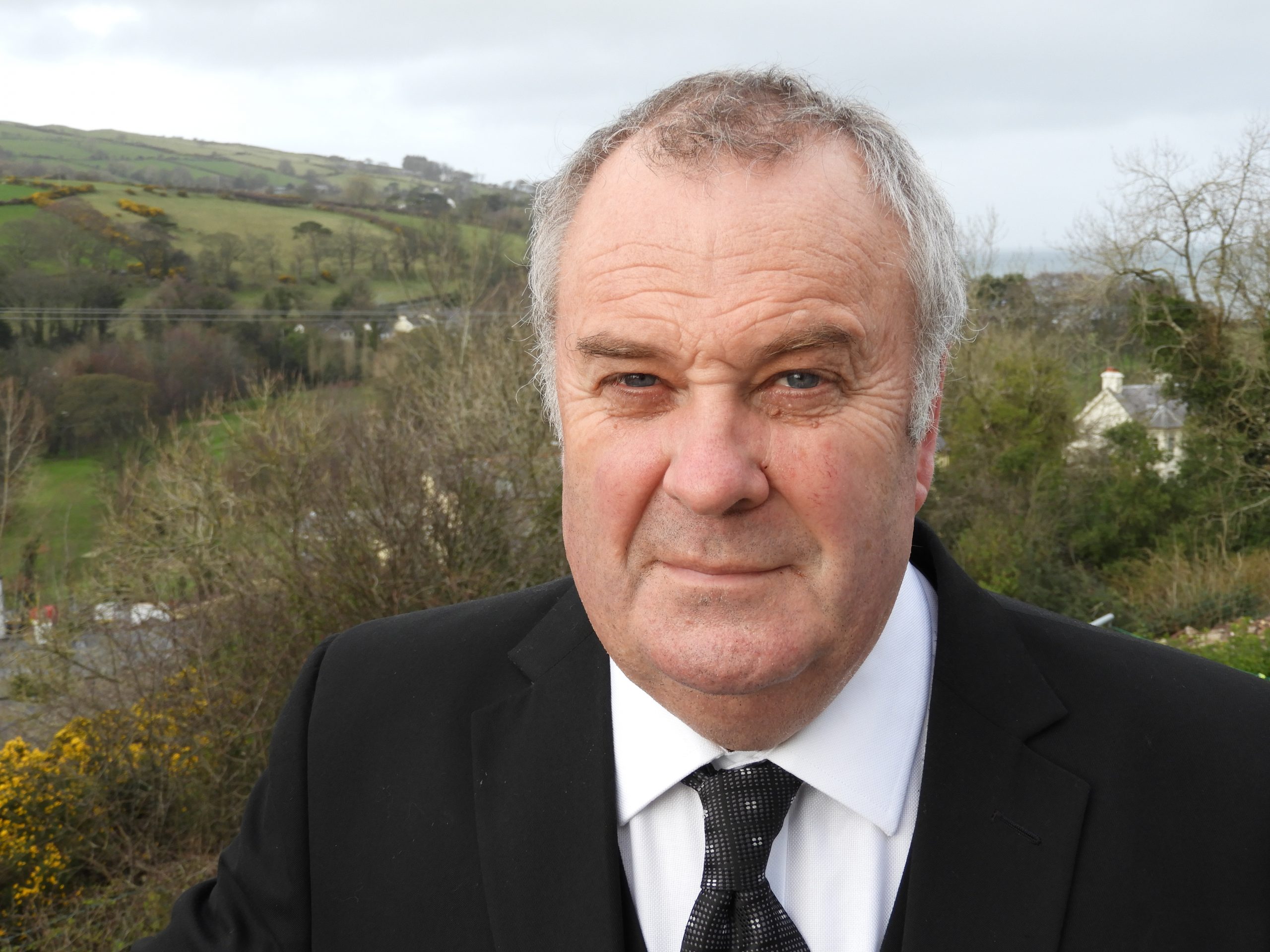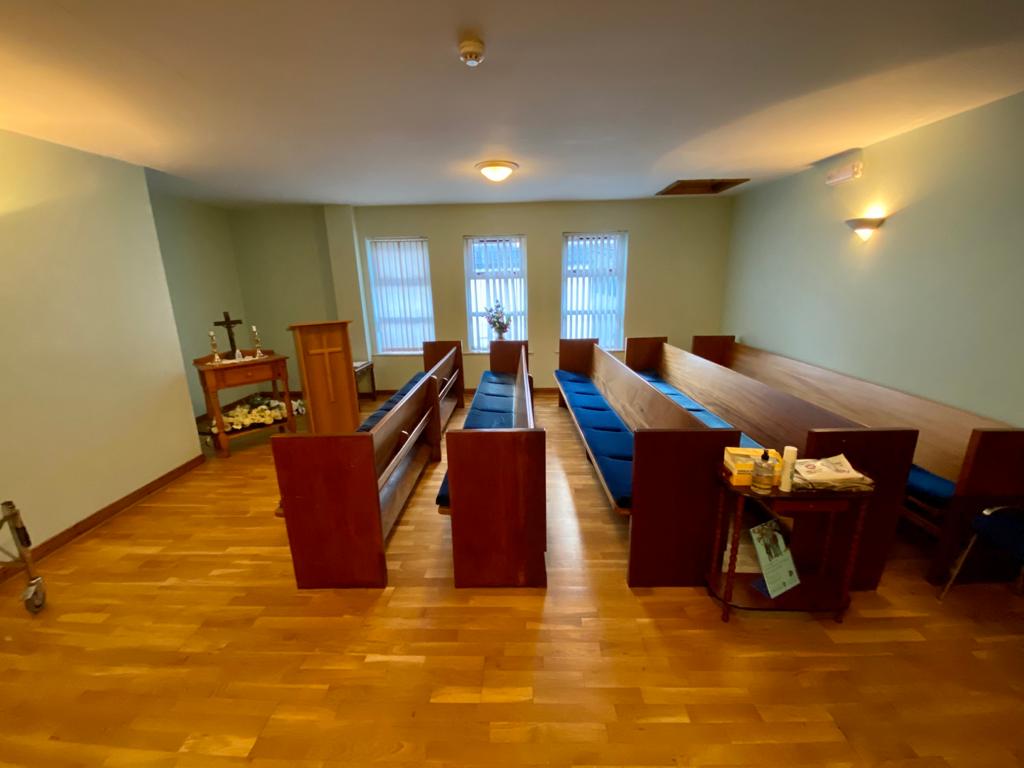Role of a Funeral Director

The funeral director’s role can’t be understated. First and foremost, their role is one of providing compassionate support and advice on all aspects of arranging a funeral while, behind the scenes, ensuring everything is managed on your behalf.
It is never too soon to start thinking about and making plans for your own funeral. This may be simply discussing with members of your family and recording your preferences, or you may wish to put in place more formal arrangements with the help of a funeral director.
For close family and friends, the day of the funeral can be highly emotional. Coping with your bereavement can be difficult and should you feel that you need help, then tell your funeral director who can give you some guidance or advice.
Following the funeral there are several matters that will need to be taken care of. Again, your funeral director can help you and your family by supplying the right advice and guidance to aid you through this difficult period. Usual considerations include…
First Steps-What do you do when someone dies. There are many different circumstances and actions to consider when someone dies. From what to do if your relative passes away in a nursing home, a hospital or hospice to sudden death and death abroad.
It’s never too soon to start thinking about and making plans for your own funeral. This may be simply discussing with members of your family and recording your preferences or you may wish to put in place more formal arrangements with the help of a funeral director.
At the same time, funeral directors can guide you on how best to plan for your own funeral or that of a loved one, including options for spreading the cost of a funeral, with a pre-paid plan and making a record of all your wishes.
All SAIF member funeral directors will explain and discuss all the choices available to you in arranging a funeral, including being 100% clear about the costs involved upfront.
Depending on your wishes, the role of the funeral director may include the following:
1

Prior to the funeral service
- Transferring the deceased to a rest room or other facility or assisting if you prefer the deceased to remain at home or liaising with a repatriation company for deaths abroad
- Organising the deceased to be held at a chapel of rest to allow friends and relatives to view prior to the funeral
- Placing any notices of death in local or national newspapers or on websites
- Managing and advising on the necessary legal documentation
- Advising on all aspects of the funeral including types of service and the options available to you including choices of coffins and caskets, venues and catering, priests or non-clergy.
2

On the day
- Ensuring everything goes smoothly on the day according to your wishes and those of the deceased
- Attending to every detail during the day from arranging transport for family and close friends, to overseeing the funeral service and procedures at the cemetery or crematorium
- Arranging if applicable for the deceased’s ashes to be provided to you, helping arrange for you to scatter them or preserve them
- Collecting ‘obituary’ or attendance cards so you know who attended
3

Following the funeral
- Where required, arranging the deceased or their ashes to be transferred to another location, whether within the UK or overseas
- Arranging for funeral flowers and donations to be forwarded to the relevant people, organisation or charity
- Organising graves and headstones to be put in place at a suitable time after a burial or ashes placed
